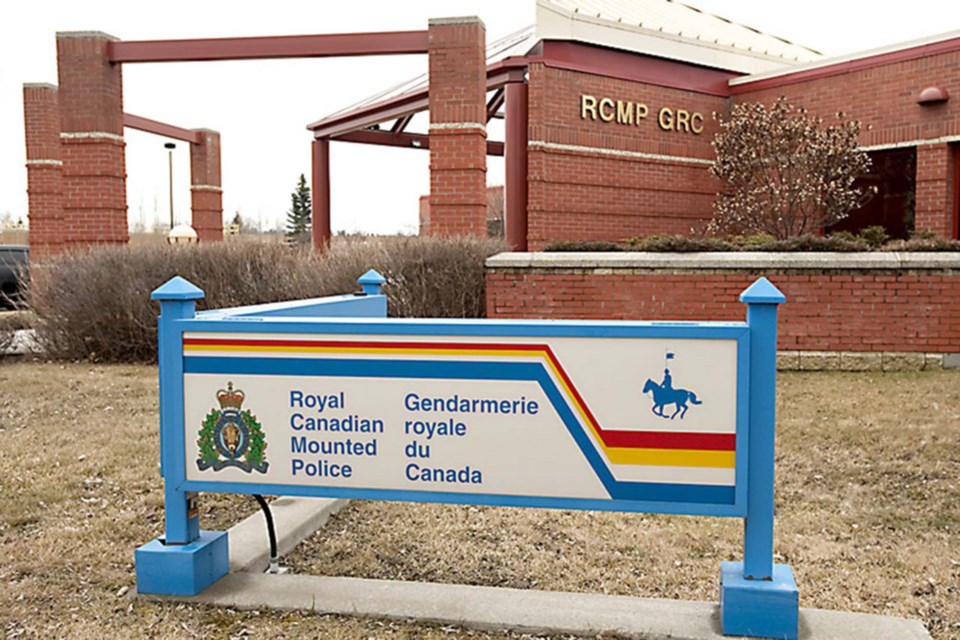Hate crimes across Canada jumped by 37 per cent during the first year of the pandemic, according to a new Statistics Canada study.
In March Statistics Canada released new data from 2020 showing there were 2,669 criminal incidents motivated by hate, which is the largest number since tracking the data began in 2009.
The biggest leap between 2019 and 2020 was from hate crimes motivated by hatred of race or ethnicity, which jumped 80 per cent, from 884 to 1,594.
Temitope Oriola, criminology professor at the University of Alberta, said the increase in hate crimes is concerning.
“That is disturbing on many levels,” Oriola said.
“Given that at a time when the whole world was struggling with the pandemic, it means that there was an added layer of burden for some of our fellow Canadians who were dealing with these unprovoked kinds of attacks … on the basis of their sexual orientation, race or ethnicity, religion, and so forth.”
The expert said he is also concerned about the big increase in crimes motivated by race and ethnicity.
“That is a staggering and just incredible number,” Oriola said.
Much of the police-reported hate crimes were targeting the Black population, with an increase of 318 incidents. East or southeast Asian people saw an increase of 202 incidents, Indigenous people were targeted with 44 more incidents, and south Asians saw an increase of 38 incidents from the previous year.
While the increase in incidents is concerning, Oriolia said there are many other crimes that likely go unreported, so it is likely that there are many other instances which occurred but weren’t reported to police.
Another concerning element is the increase in the hate crimes in Canada's larger provinces, Oriola said, with the largest increases in Ontario (with an increase of 316 incidents), British Columbia (with an increase of 198 incidents), Quebec (with an increase of 86 incidents), and Alberta (with an increase of 84 incidents).
The report shows that anti-Asian racism increased during the pandemic, and Chinese, Korean, and southeast Asian populations saw an increase in hate and harassment based on their race.
Oriola said when there are times of uncertainty and economic instability, hate crimes tend to increase.
“When people lose jobs and livelihoods, some may be tempted to believe that ‘immigrants’ were responsible, which is often interesting, because some of those people [who] are in fact targeted might have been born and raised here in Canada,” Oriola said.
Being the victim of a hate crime can have a substantial impact on both the individual and the community in which they were targeted, Oriola said.
In 2021 two sisters were assaulted and held at knife-point in a hate-motivated attack in St. Albert while they were out for a walk in the Alderwood Park area of Akinsdale.
They were attacked by a man yelling racial remarks in what was deemed a hate-motived crime.
The man, who was wearing a mask, yelled the remarks at the women and then grabbed one woman by the Hijab and pushed her to the ground, knocking her unconscious.
The man pulled out a knife and knocked the second woman to the ground and held her down with a knife against her throat as he continued to threaten her with racial slurs.
The incident followed multiple similar attacks in the Edmonton area around the same time, and Oriola said the attacks caused a lot of fear and anxiety in the Black Muslim community and for any woman who wears a Hijab.
“We have our work cut out for us as a society, but personally I try not to despair when I see these kinds of reports,” Oriola said.
“Those who are perpetrating this criminal conduct do not represent the best of Canada. I have seen the spectrum of the goodness that is within our society, and I believe that there is no obstacle we can not, somehow, if we work together, deal with [when faced with] these kinds of issues.”



